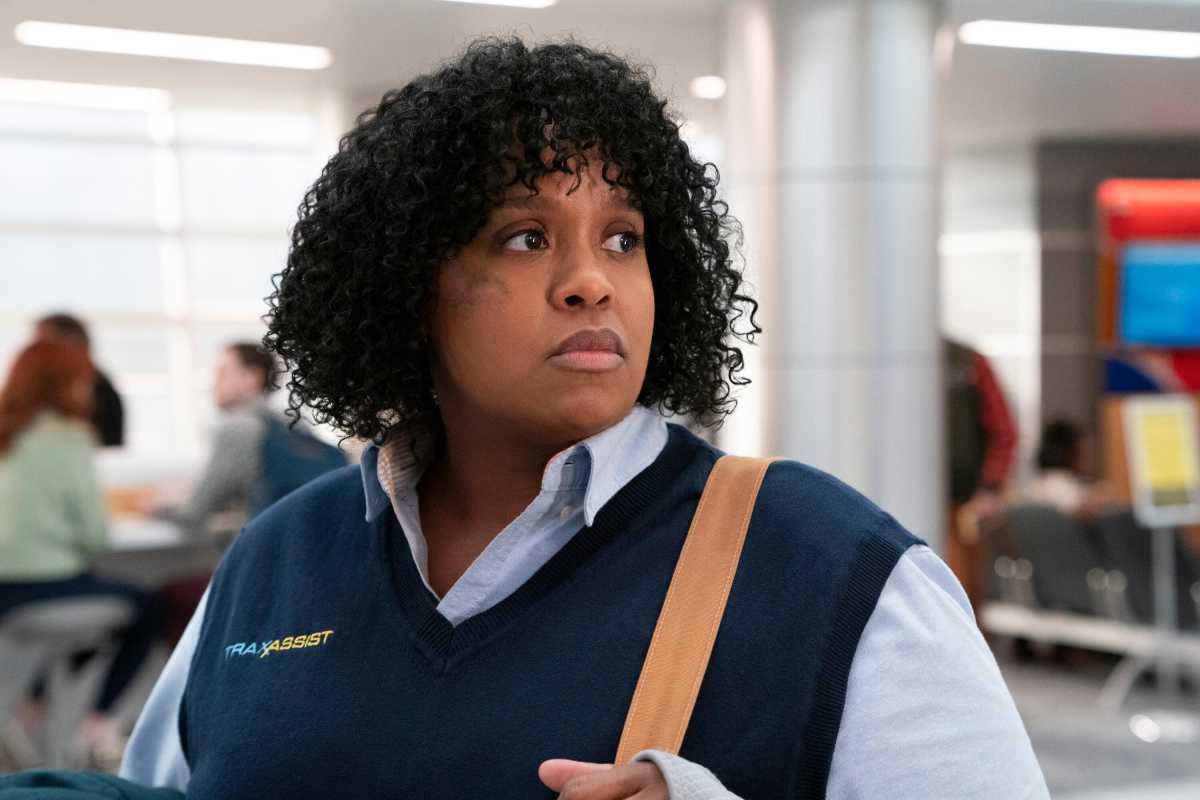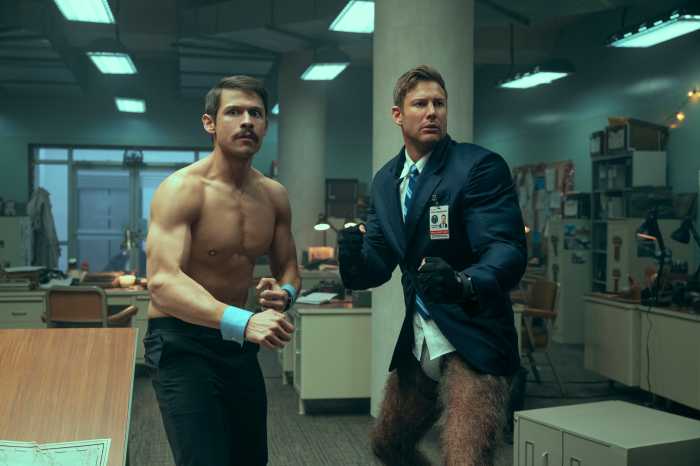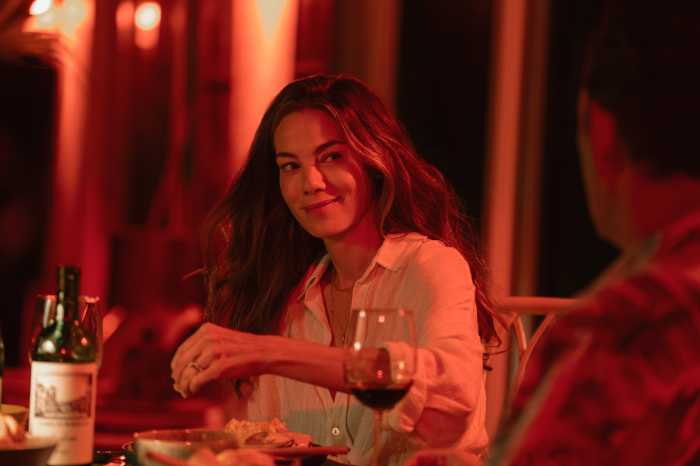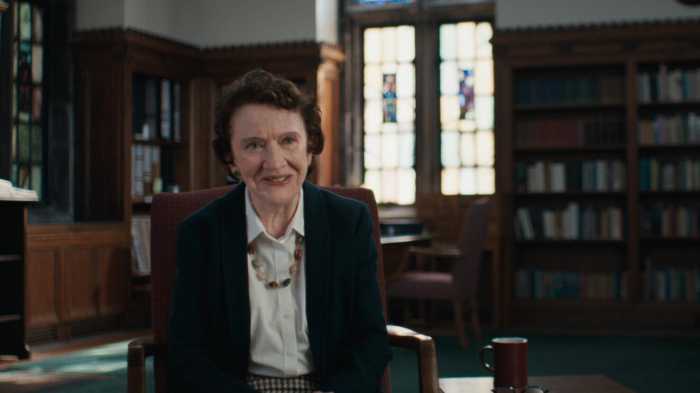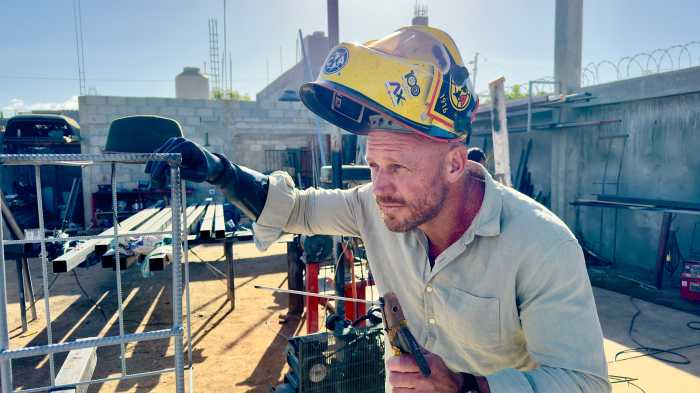To delve deeper into Natasha Rothwell‘s new Hulu original series, ‘How to Die Alone,’ co-showrunner/ executive producer Vera Santamaria touches on what sets this show apart.
What do you look for when taking on a project?
I’m always looking for something that’s going to trailblaze in a small or a big way. I really try to work on things that explore a different part of the human experience, but always with something unique about it. Sometimes making TV is very challenging, although it’s very rewarding, so I want to work on things that are original in their own way. Something where you feel like it’s putting something out into the world that needs to be said or explored. That is really what drew me to ‘How to Die Alone.’
What is it about this story specifically that needs to be told?
When Natasha approached me about this project, what we talked about was that this is a plus sized Black woman looking for love in the world and looking to love herself in the process. This character is often played solely for comedy or solely for tragedy, and what you don’t see is the many variations of the experience in between. That was the whole MO of the show.
I was like, ‘100 percent I want to be a part of that,’ because it’s kind of criminal that we haven’t seen it done that way or explored this experience more fully in all its nuances. It’s not all funny and it’s not all heartbreaking. I’m so glad that we got to put these elements in the character of Mel (Rothwell) and her journey.
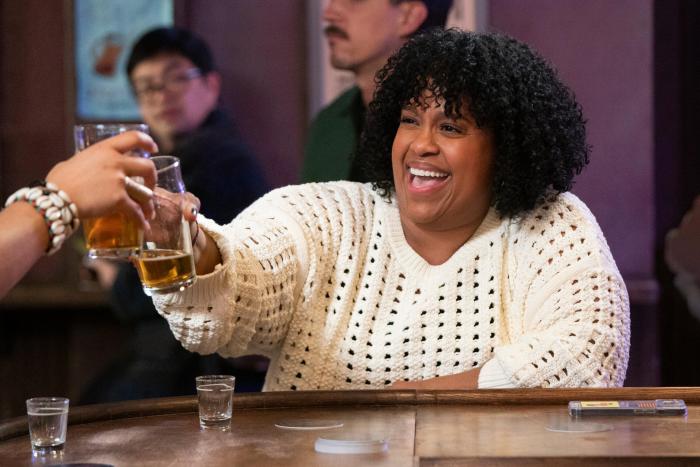
The show mixes comedy and drama. How do you make the two genres blend cohesively?
It’s such a good reflection of real life and actually very hard to pull off in TV, which is why you do see things often just kind of veer towards one or the other. That’s a lot easier to do. I think with this particular show, we were able to accomplish it because of the breadth of talent that Natasha has. You know that she’s going to be performing what you’re writing and she’s going to be able to pull off that gravity and levity in the same breath.
So we really did have that advantage in that regard because I think the tone is really unique. She captures that moment where you laugh in the morning and then you can cry at 10:30 a.m. Life is funny like that, but Natasha as a performer is the reason we are able to walk that line.
What were you looking for when casting the other characters as well?
We were very intentional there. I think a very important part to me was that it felt like you weren’t watching actors. I love when you just disappear into performances and you’re not necessarily [thinking], where do I know that person from? That required casting the net wide and bringing in some established talent and people who had careers, but then a lot of new and fresh faces done in different ways.
I’m so proud that we gave a bunch of actors their first big break or their first acting job as you see in other episodes. That really required more work on our part. Not to pull from the same well, but to really dig deep and find people who you would believe would be in this world.
With the comedy of it all, was there some improv on set?
On set it was a mixture of things because it’s a very ambitious show, so the time to play and do fun runs in a take, we do have that in some spaces. But more often than not, we have to just keep moving. What we did there was we really drilled in on characters. There are jokes, but they all stem from just who this character naturally is. We set the stage that way.
Then there would be in certain instances, times where people could play with improv. Improv is obviously a big part of both Natasha’s background, and mine as well. So we like to do that. We’d love to do that more and we used it in parts, but a lot of it just because of time and the realities of production, we had to have it on the page and hope we got the emotional truth of the scene.
For someone who sees the title and maybe isn’t 100 percent sure what the show is about, how would you describe it and what Melissa goes through in Season 1?
I would say the title is a tongue-in-cheek exploration of our deepest fears. I think most people are afraid of dying alone, and this is like a comedic exploration of one woman fighting against that by any means necessary and making huge mistakes along the way. That to me is what this first season is about, where you can see what she wants and then also see her going about it in all the wrong ways. I think that’s where the collision of comedy and reality come together.

Overall, what do you hope people take away from ‘How to Die Alone’ after watchin it?
The thing I want most for people is that this is a show that stays with them long after they’ve stopped watching it. If we’ve done that, than we’ve done something that is thoughtful and something that makes you reconsider life. I think to me, trying to do something original is really hard and you don’t always have control of how it’s going to be received. But we certainly tried to make it like an original expression of the thing that Natasha wanted to explore.
The first four episodes of ‘How to Die Alone’ will premiere on Hulu Sept. 13.



